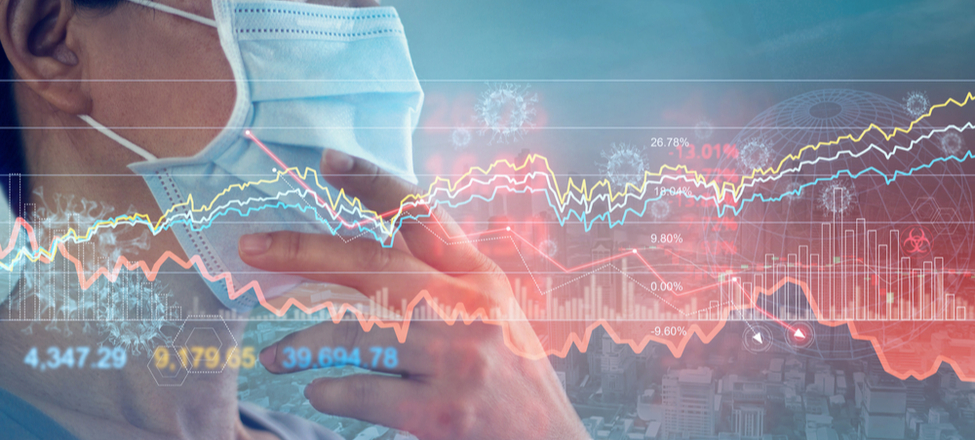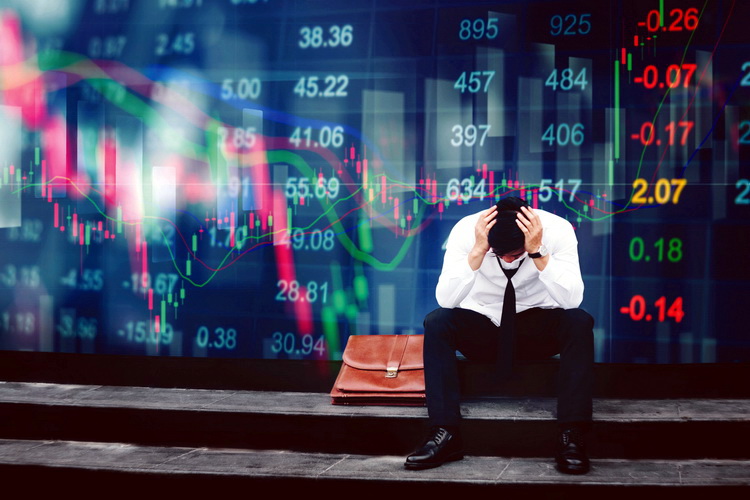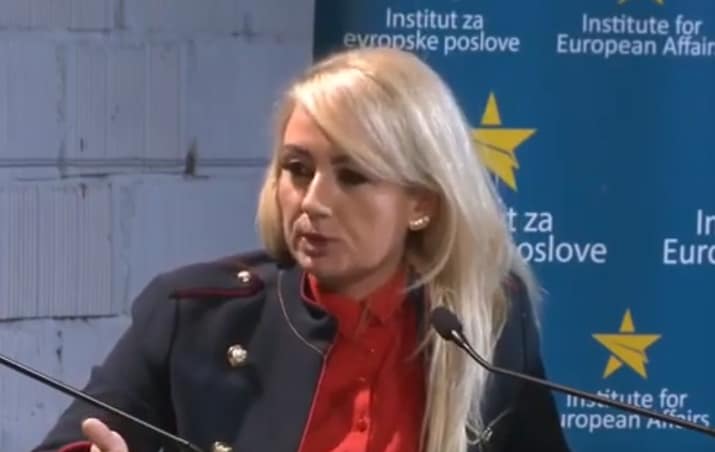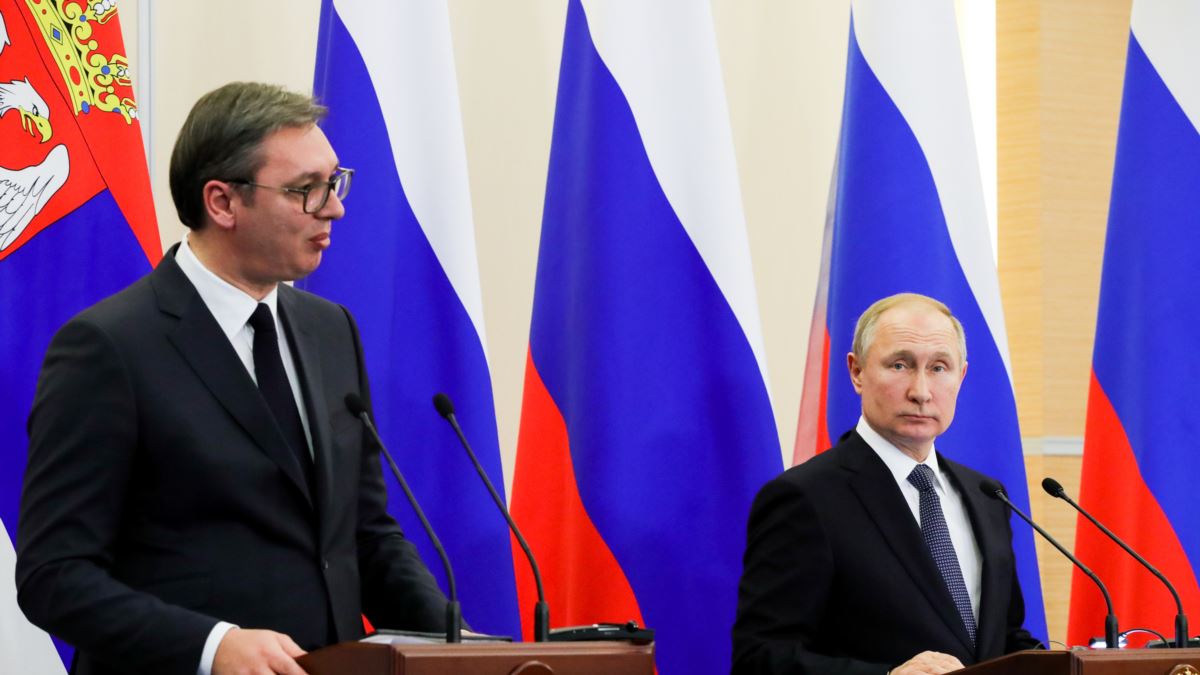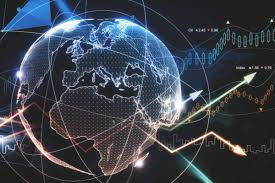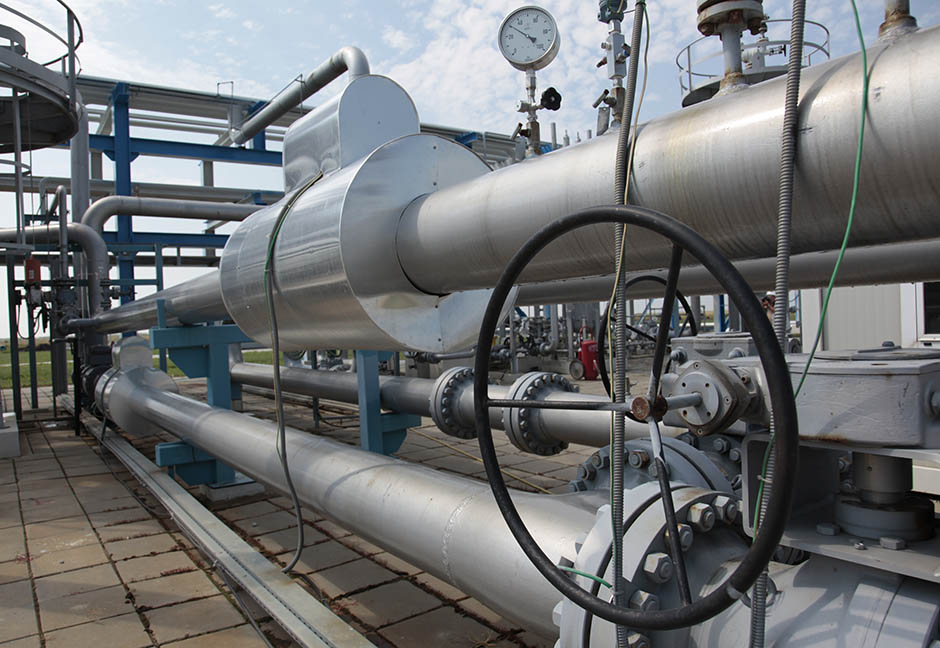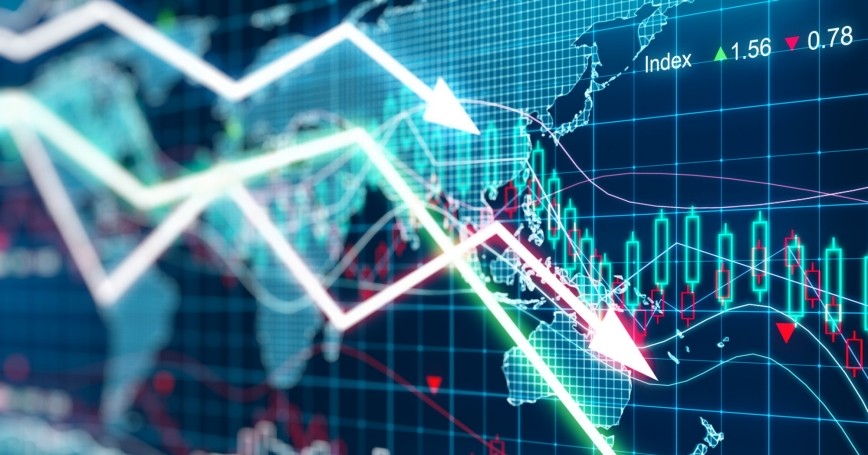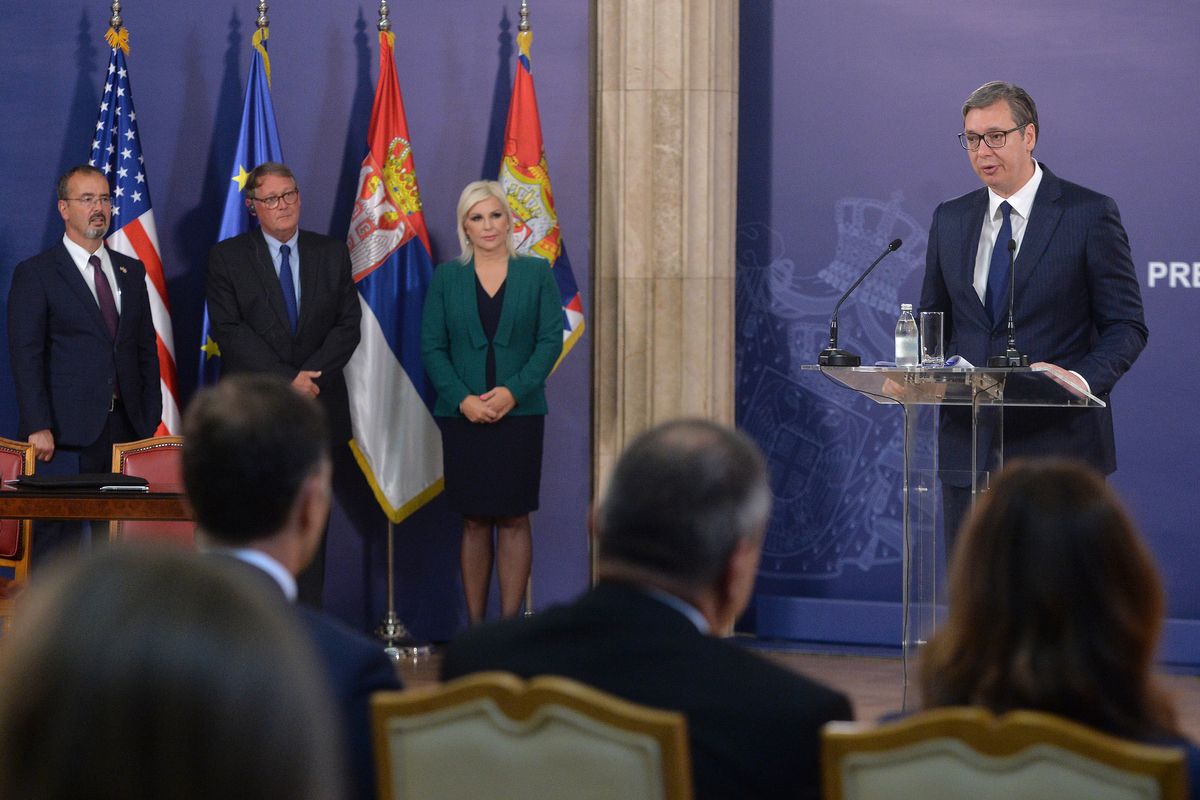Economic expert of the Center for geostrategic studies: what awaits us?
Economic expert of the Center for geostrategic studies
In March of this year, I continued on this site a series of my articles dealing with the current analysis of the world economy, with a special view of Serbia and the Balkans, entitled WILL 2022 REALLY BE THE YEAR OF THE BEGINNING OF A GREAT TURNAROUND IN THE WORLD AND IN OUR COUNTRY?. The past period has confirmed the credibility of almost all the given predictions, and therefore fully answered the question from the title of the article. This one, as a logical continuation of the previous one, will also try to answer the crucial questions of our future survival, but in a slightly changed and more concise spirit, without burdening with superfluous economic indicators, which during this series of texts certainly were.

